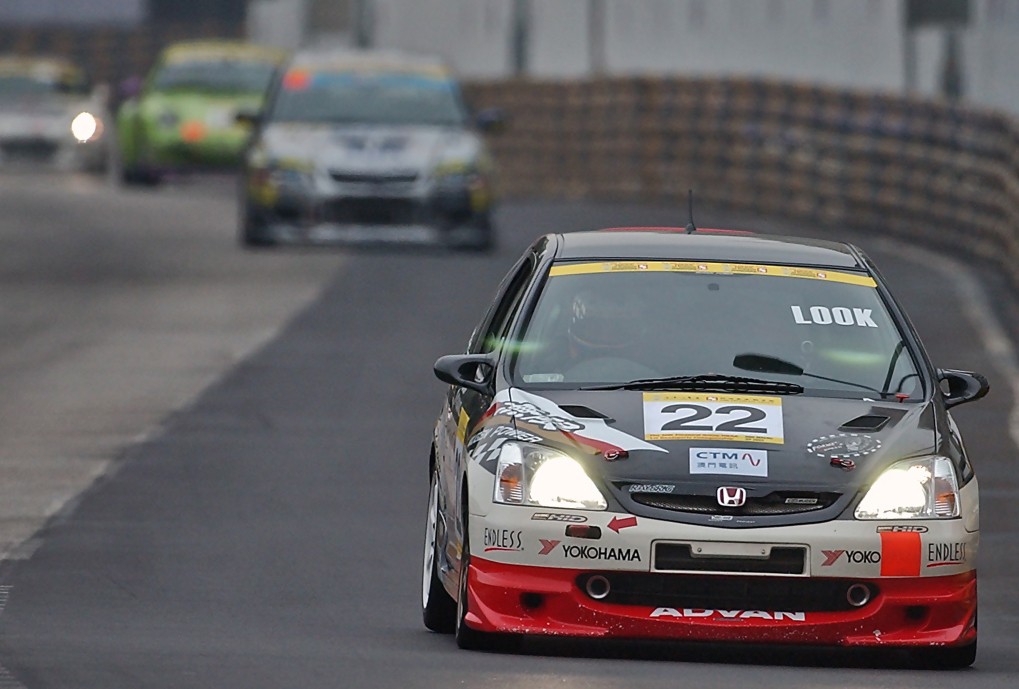e non ho mai detto che tu passeggi
allora,seguendo il tuo discorso,tu cosa faresti se avessi una civic aspirata alla quale l'olio stà a 150°?
contectr ha scritto:è Olio motore Bp, con etichetta castroldirei non un gran che
Per prima cosa cercherei di capire se è normale avere una temperatura così alta per quel tipo di motore e per quelle condizioni di funzionamento.MaxCTR ha scritto:non ho mai detto che vado forte in pista
e non ho mai detto che tu passeggi
allora,seguendo il tuo discorso,tu cosa faresti se avessi una civic aspirata alla quale l'olio stà a 150°?
contectr ha scritto:per l'inverno anche uno 0w30 è ottimo poi col caldo meglio sostituirlo con lo 0w40



Quale teoria?contectr ha scritto:ma perchè c'è questa teoria del 10w60??sia prima e molti anche dopo aver montato un oil cooler kit...


Non li ha mai dato problemi, fidatiMaxCTR ha scritto:Mick Doohan
+ o - la distanza è come da me
se a lui non ha dato problemi,mi faccio meno ansie
comunque per essere sicuro,se trovo l'isolante che diceva problemi-zero,lo metto
Pepposole ha scritto:TORO-R nuovo membro ONORARIO della SBC


MOTORPUNX ha scritto:13. Do not run OIL coolers or crazy oiling systems on Honda street motors. Does a Civic Type-R motor have an oil cooler on it? Haven’t you seen those Japanese videos of CTR’s racing at 10,500 RPM and up and down above 9k for like an hour straight? And it doesn’t blow up. So obviously, it’s telling you something. I can’t tell you how many people put the oil cooler lines on backwards, and start up the motor, which has 0 PSI oil pressure, then start revving it up and down saying “just wait, the oil pressure still hasn’t kicked in yet” Meanwhile your whole motor already needs to be rebuilt and all the bearings just got hundreds of thousands of miles wear on them. I witness these things first hand! Listen to me people. SKIP THE OIL COOLERS and crazy oil apparatuses. I mean damn, I got people trying to argue with me on the phone saying their oil pressure gauge has no reading while I scream “TURN OFF THE MOTOR” and then hear the ridiculous response “but Jeff, I triple checked the oil cooler, its installed correct”. It is? It never is when you have no oil pressure, but that’s too much common sense in the heat of the moment. So if your five thousand dollar long block means a lot to you, skip the crazy oil apparatuses, or read the instructions and have 5 people check it for you before you turn it on. It is always a good idea to run an aftermarket oil additive that has substances in it that coats the motor, so that you get over the few seconds of bad installing oil fixtures and the like. They work, proven. But not for minutes on end. Also of note, your stock oil pressure sensor that’s in your gauge cluster is good. It works great. If you start your car and it stays on, you turn it off. I used to use gauges a lot, but I think I am over that because I still to this day have not seen a circumstance where the stock one didn’t serve the same purpose. All the cases I have seen, the oil pressure fell to nil, and both worked. Very few cases are where oil pressure goes down over time and the gauge is useful. One such a case is burning oil, or losing oil from a leak. The more oil you lose, the lower the pressure. So the oil pressure gauge can tell you how much oil you have lost over time pretty well. That’s one good reason to have it, if you don’t check your oil all the time. I do, so it’s fine.


Pepposole ha scritto:TORO-R nuovo membro ONORARIO della SBC

tommy,
l'alloggiamento del radiatore olio è formalmente corretto per chi, come me, monta il lip anteriore mugen e sfrutta i fori di raffreddamento dei freni per la ventilazione. Ti faccio vedere una foto di una ctr plurivittoriosa (bastonava perfino le porsche ) che ha spopolato in asia (ha due radiatori laterali, uno per l'olio motore e uno per l'olio cambio):

